a is in block scope for the anonymous function returned by calling add
and
b is in the closure scope for the anonymous function returned by calling add
so a function is going to keep any variables needed in the closure scope even when the outer function has exited and all its local variables are garbage collected except b which is needed for the anonymous function . hence it lives in the closure scope of it
hence you may add more to closure scope like so;
if (true) {
let a = 40;
function add(b) {
let d = 55;
return () => {
let c = a + b +d;
console.log(c);
}
}
console.dir(add(10));
}
now in the closure scope we have b and d ( they both are local variables to function add and are needed by the inner function)
similarly if the variable d was not required, then it won't be in its closure scope like so
if (true) {
let a = 40;
function add(b) {
let d = 55;
return () => {
let c = a + b;
console.log(c);
}
}
console.dir(add(10));
}
now in the closure scope we only have b.
so its not the function passed in parameter that is assigned in closure scope. it can be any local variable which is needed. for eg:
if (true) {
let a = 40;
function add(b) {
let d = 55;
return () => {
let c = a + d;
console.log(c);
}
}
console.dir(add(10));
}
now we dont have b in closure even it is a passed parameter. its just d in closure scope.
